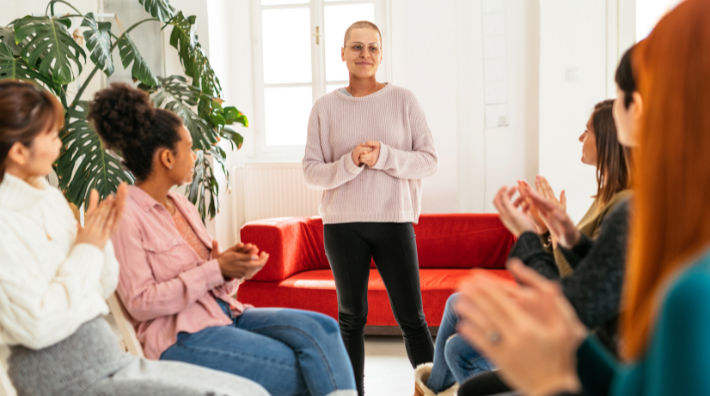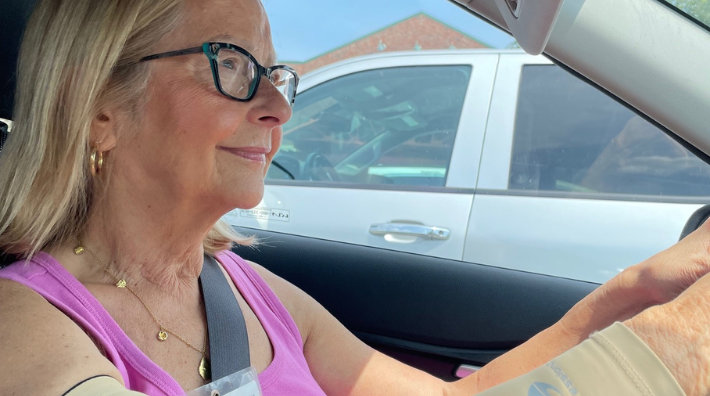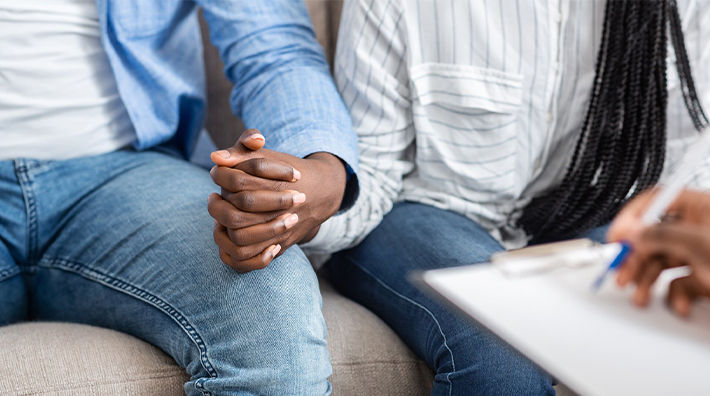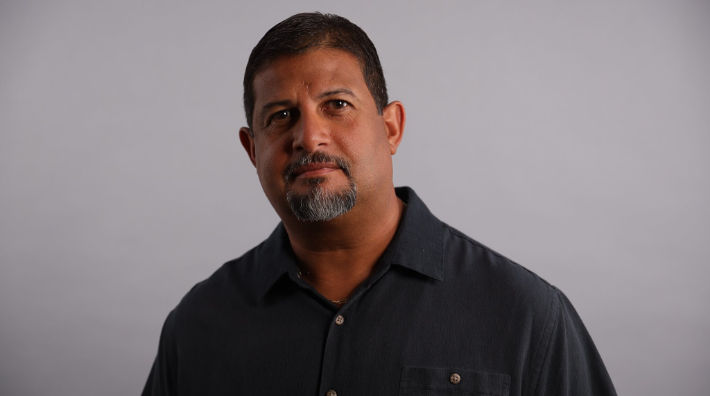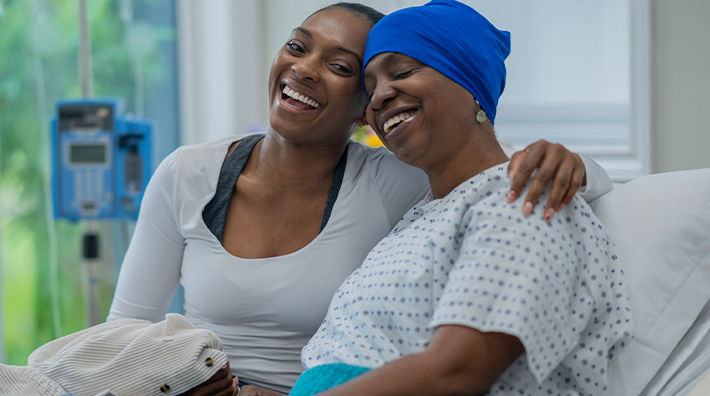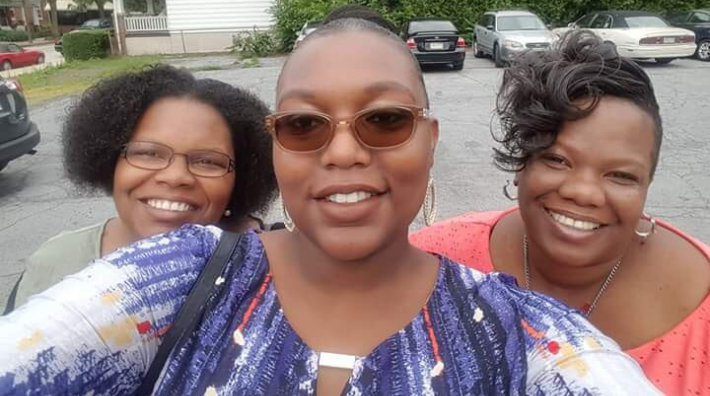Cancer Connections
Cancer News, Stories, and Conversations
Our team of experts brings you cancer-related news, features, and survivor stories.
How Telehealth Visits Can Help Support You During Cancer
Published on: January 31, 2025
During cancer treatment, telehealth appointments can be a more convenient option. Learn more about the benefits of virtual doctor visits.
What You Should Know About the Latest Cancer Trends and How to Reduce Your Risk
Published on: January 30, 2025
Cancer diagnoses are rising, especially among women under 50, while cancer disparities remain. The latest Cancer Statistics, 2025 report highlights these trends and underscores the importance of early detection, preventive care, and healthy lifestyle choices.
For Cancer Survivor, Healing Journey Doesn’t End with Treatment
Published on: January 28, 2025
After her cancer diagnosis, Julie Spangler is giving back to others through the American Cancer Society program, Road to Recovery.
Cervical Cancer and Pregnancy: The Latest Research
Published on: January 21, 2025
Cervical cancer treatment can impact fertility. Learn more about what to ask your doctor about cervical cancer and pregnancy.
From Coach to Crusader, Teacher Becomes Advocate Following Cancer Journey
Published on: January 16, 2025
High school teacher Juan Namnun becomes national advocate and leverages his coaching skills following his own cancer journey.
New Cervical Cancer Treatment Approach Offers Hope for Longer Survival
Published on: January 15, 2025
A study showed that a new cervical cancer treatment could help patients live longer. Learn what you should ask your doctor.
After Tragedy, Cancer Survivor Finds Meaning Through Helping Others
Published on: January 9, 2025
After overcoming cancer twice and the devastating loss of her son, Aleta Phelps finds strength in caring for her grandson, supporting others facing cancer, and holding onto hope for a brighter future.
What Is Epstein-Barr Virus and How Can It Impact Cancer Risk?
Published on: December 20, 2024
Epstein-Barr virus is a common infection that can cause mononucleosis. Learn more about how EBV is linked to an increased risk of nasopharyngeal cancer.


